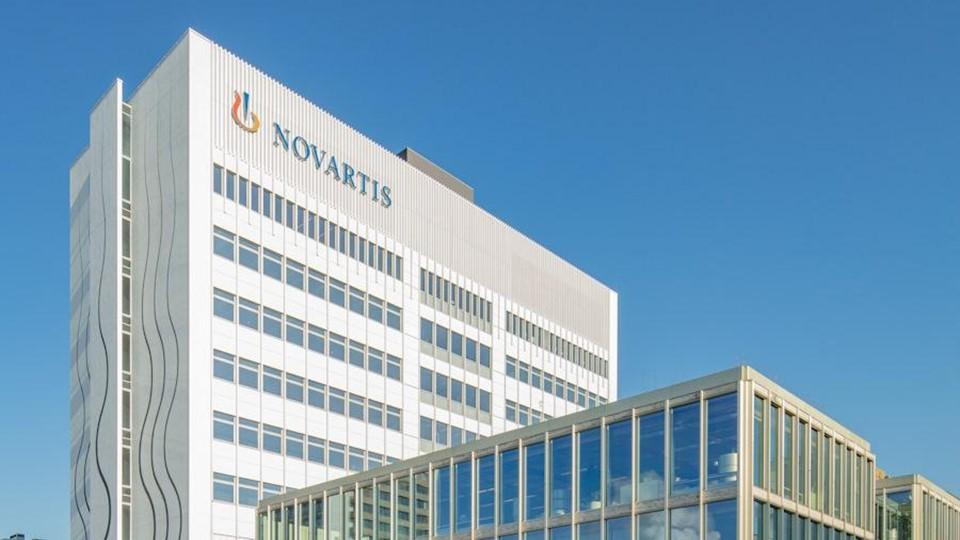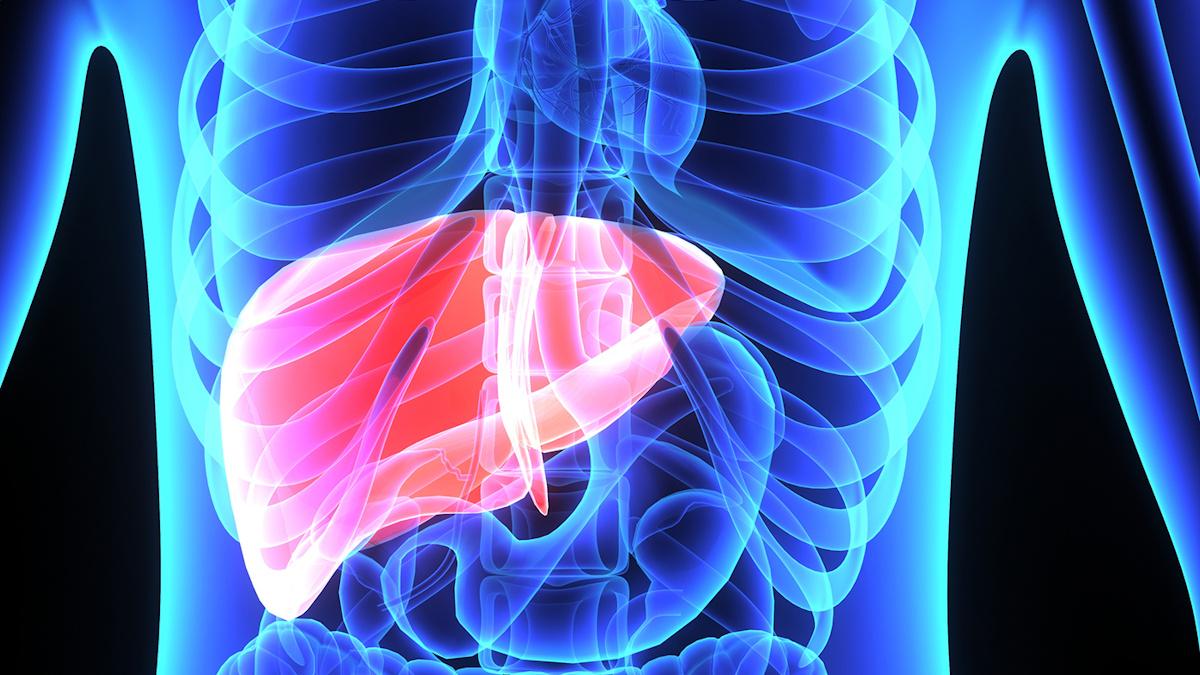TIGIT underwhelms again as Novartis ducks out

The role of TIGIT as a target for immuno-oncology therapies has been called into question again after it was revealed that Novartis handed back rights to a drug partnered with China’s BeiGene.
The Swiss pharma paid $300 million upfront for an option on TIGIT-targeting antibody ociperlimab in December 2021, in a deal that could have been worth up to $1.8 billion, but agreed to “mutually terminate” the partnership on Monday, according to a filing with the US Securities & Exchange Commission (SEC).
At the time the deal was signed, drugs targeting TIGIT had become sought-after assets in the pharma industry, on the promise that they may inhibit anti-tumour responses that down-regulate the activity of T-cells and provide an immunotherapy option for patients who don’t respond to PD-1/PD-L1 checkpoint inhibitors alone.
Since then, there have been some disappointing trial readouts that have dampened the initial enthusiasm, including phase 3 failures for Roche’s tiragolumab, but also some positive studies that suggest TIGIT may have a role to play in some cancers.
Novartis also partners BeiGene on PD-1 inhibitor tislelizumab, a drug that is already approved in China but has suffered setbacks in the US, including delays in its development for lead indications in nasopharyngeal and oesophageal cancers.
BeiGene’s SEC filing also revealed that it was discontinuing the phase 3 AdvanTIG 301 trial comparing ociperlimab in combination with tislelizumab to AstraZeneca’s Imfinzi (durvalumab) in non-small cell lung cancer (NSCLC) that has progressed after chemoradiotherapy, due to “the changing treatment paradigm”.
The Chinese company said the phase 3 AdvanTIG 302 trial of ociperlimab/tislelizumab as a first-line treatment for advanced NSCLC tumours that express high levels of the PD-L1 biomarker would continue, but added that it will “carefully evaluate all available data to inform future development opportunities with ociperlimab.”
The reasons for Novartis’ decision aren’t clear, but it casts another shadow over the TIGIT category at a time when some optimism about the target had started to renew.
At this year’s ASCO, Roche reported encouraging response rate improvements with tiragolumab given alongside its PD-L1 inhibitor Tecentriq (atezolizumab) in hepatocellular carcinoma in a phase1b/2 trial, as did Gilead and Arcus with their experimental duo of TIGIT inhibitor domvanalimab and PD-1 inhibitor zimberelimab in first-line NSCLC.
The next inflection point for the category is likely to be the overall survival data from Roche’s SKYSCRAPER-01 study of tiragolumab and Tecentriq in PD-L1-high NSCLC, due in the coming weeks - although, expectations aren’t high, as the pair was unable to improve progression-free survival in an earlier readout.













